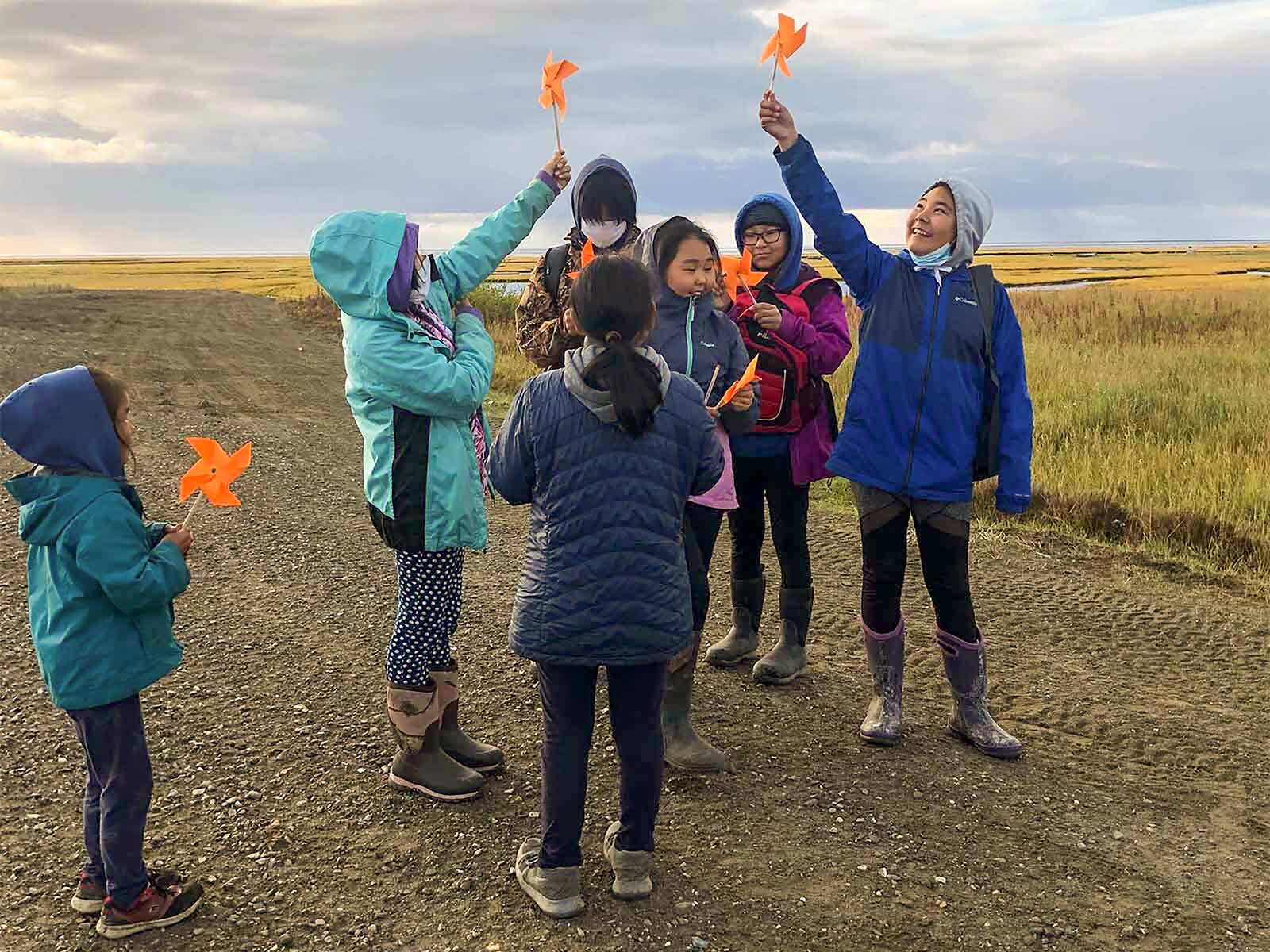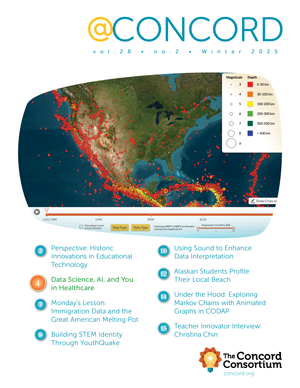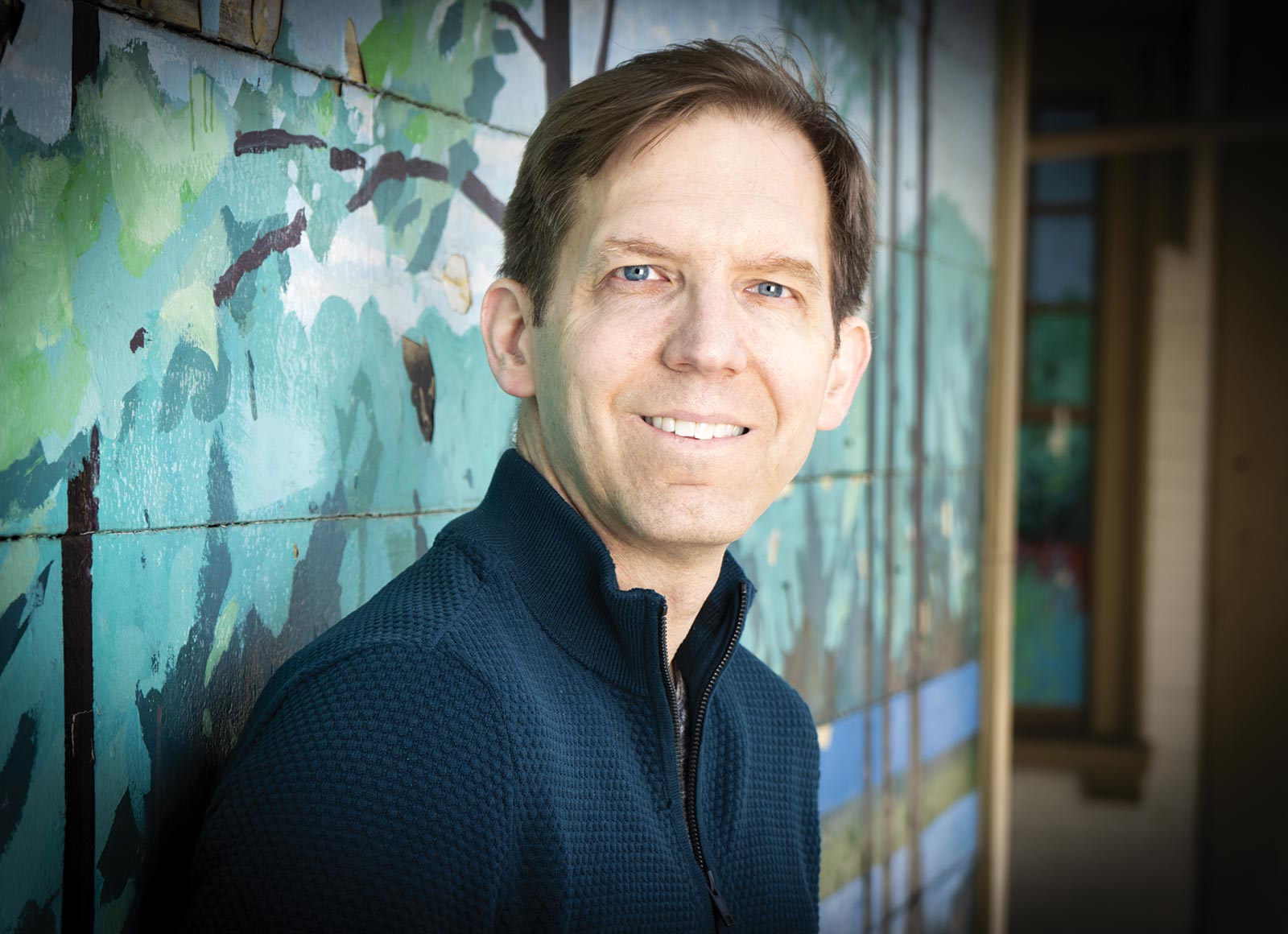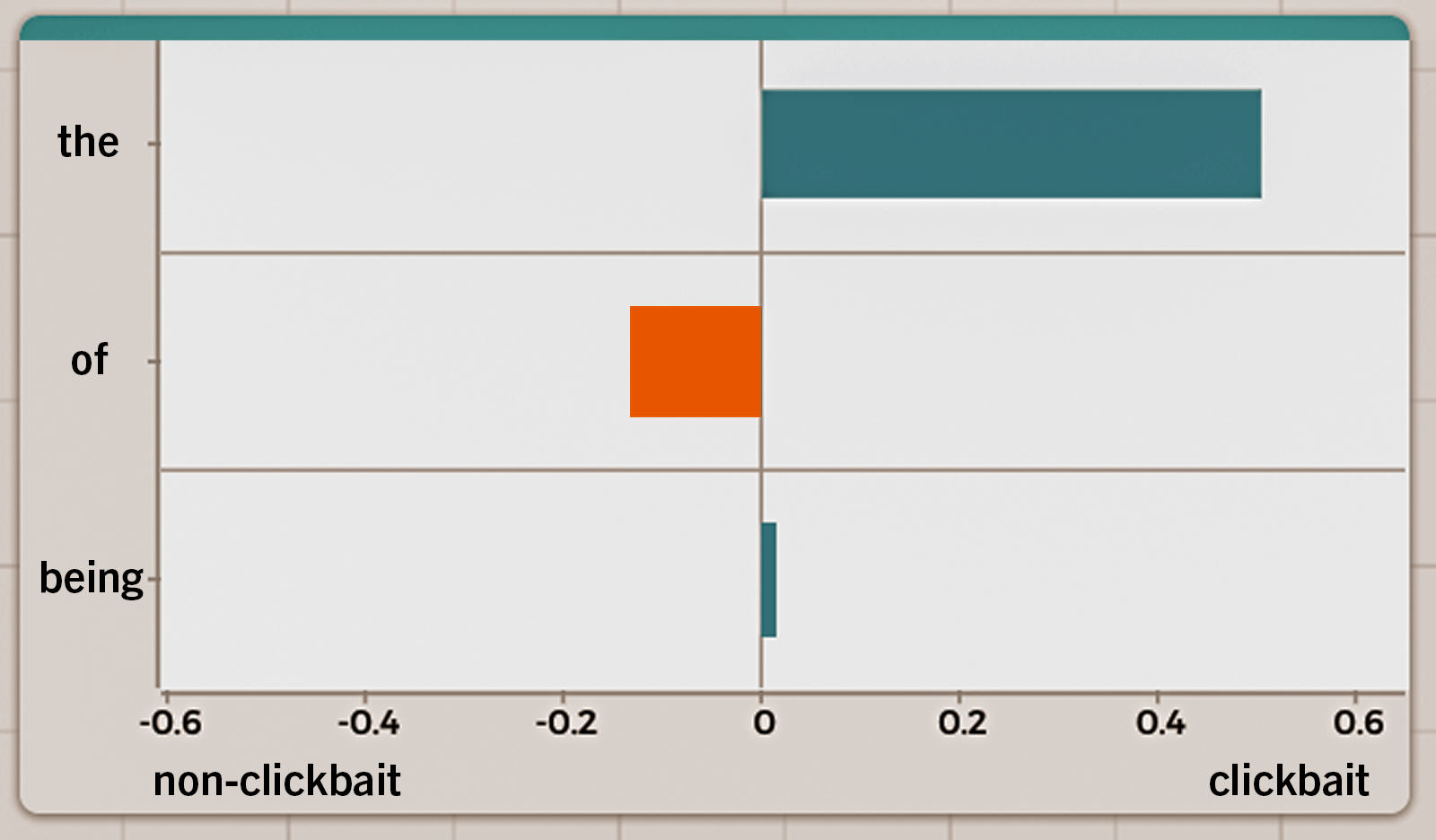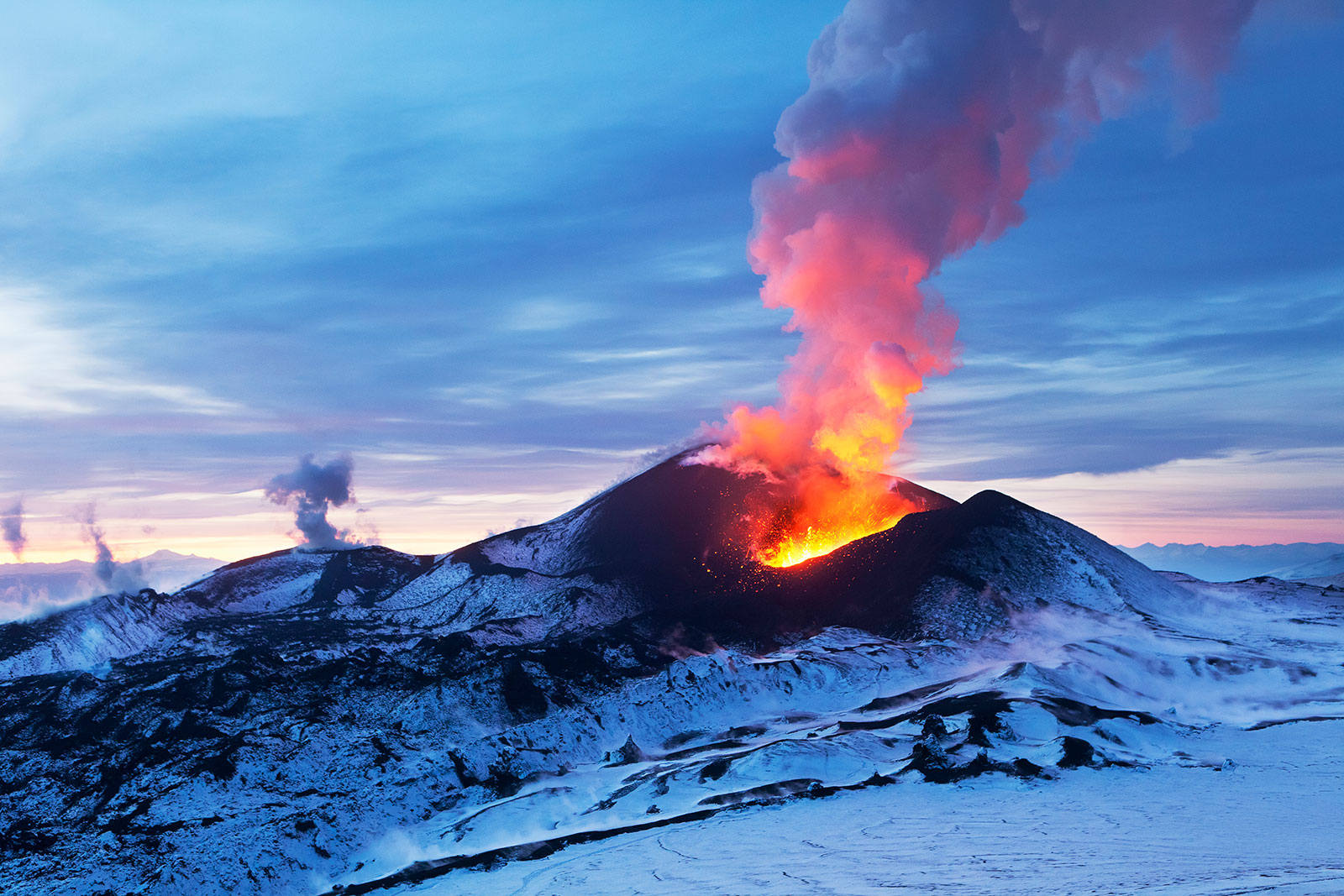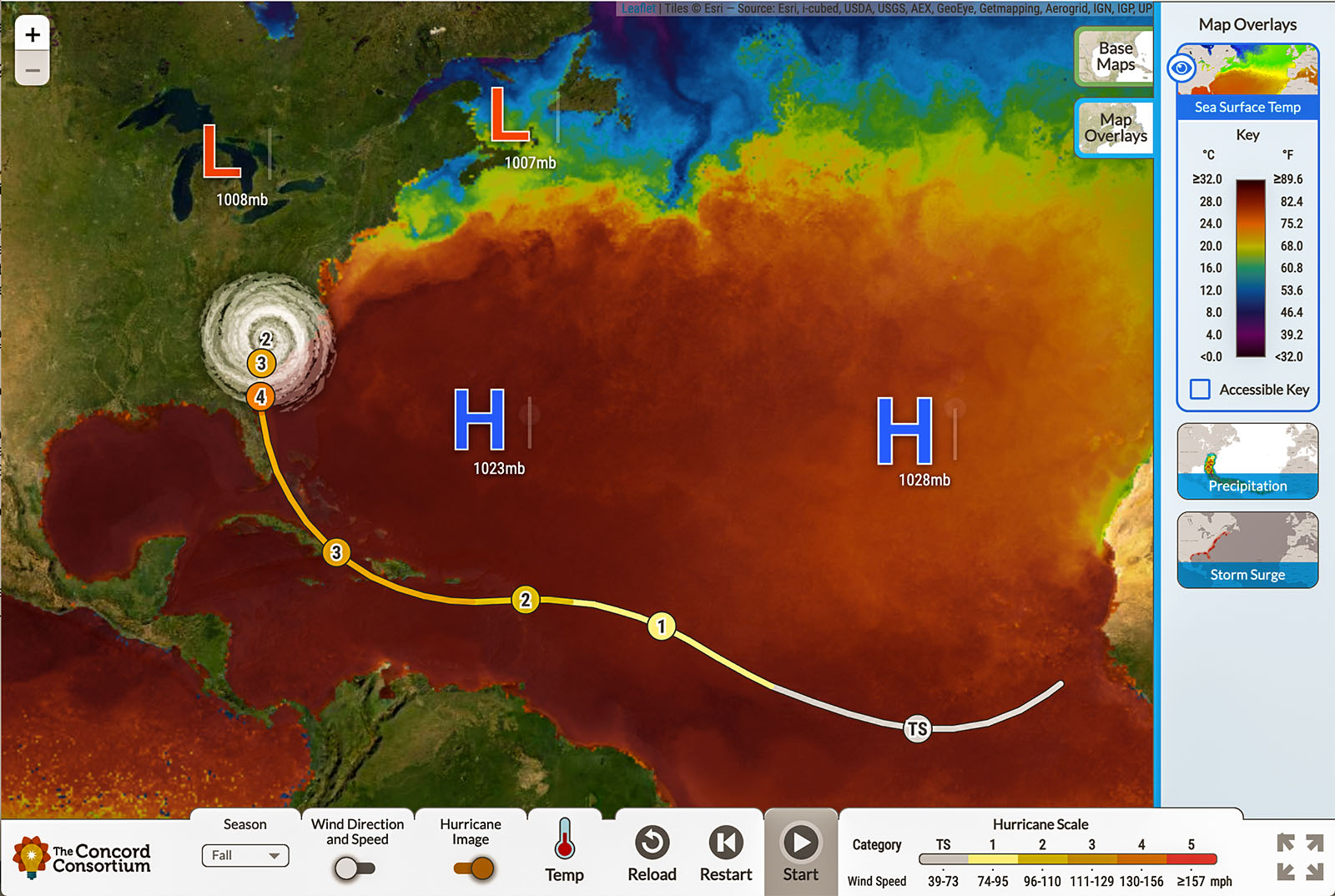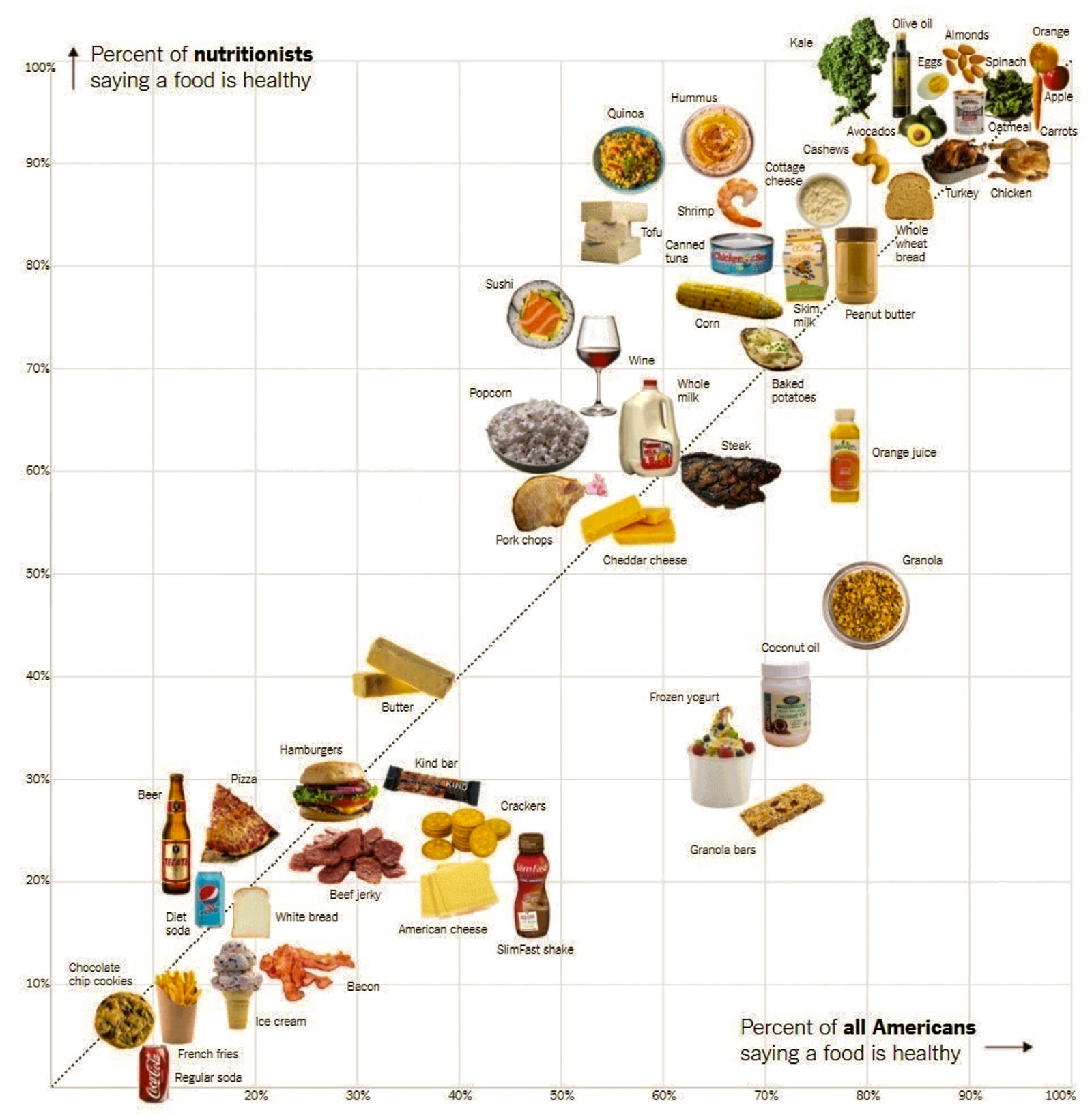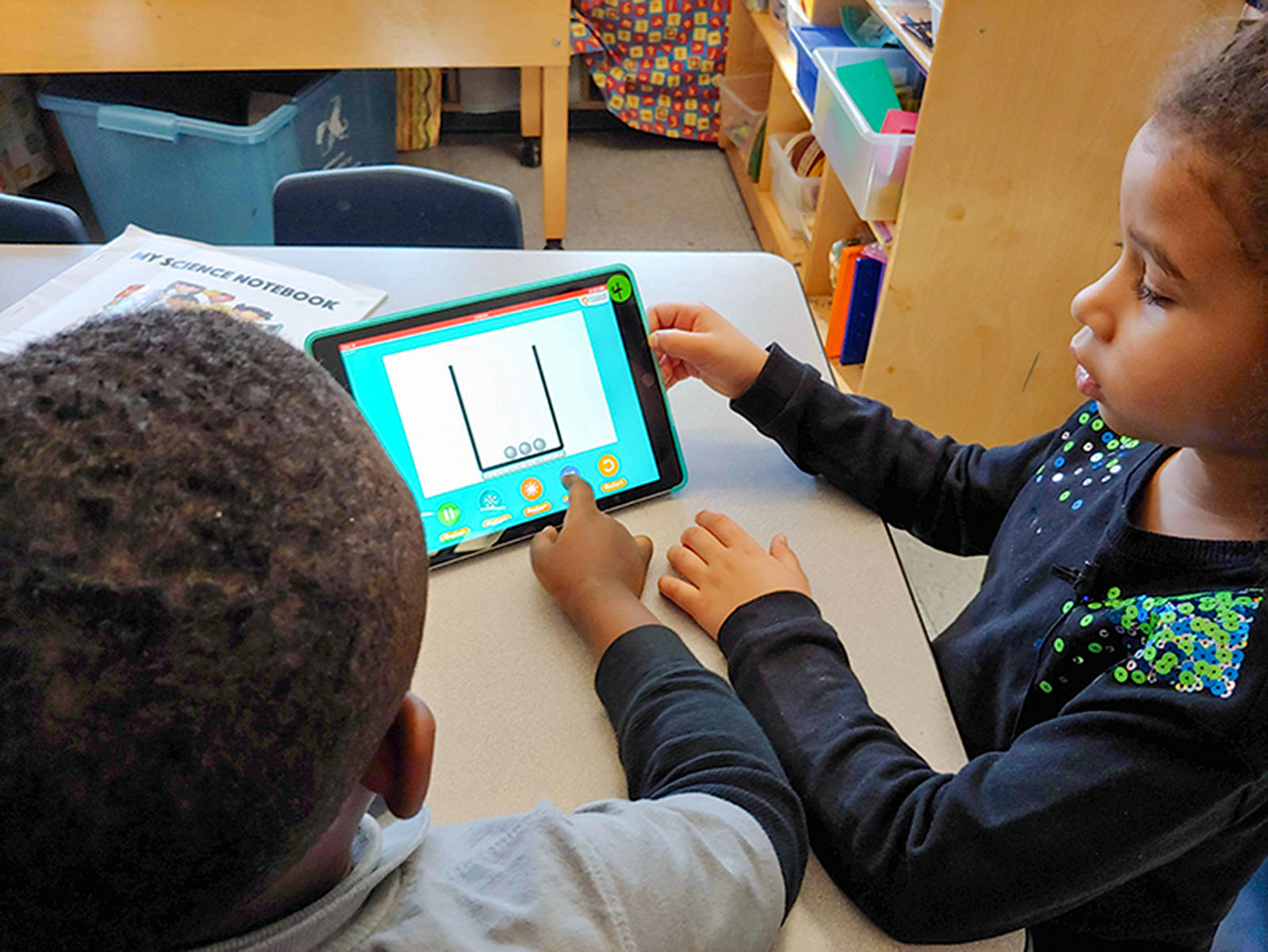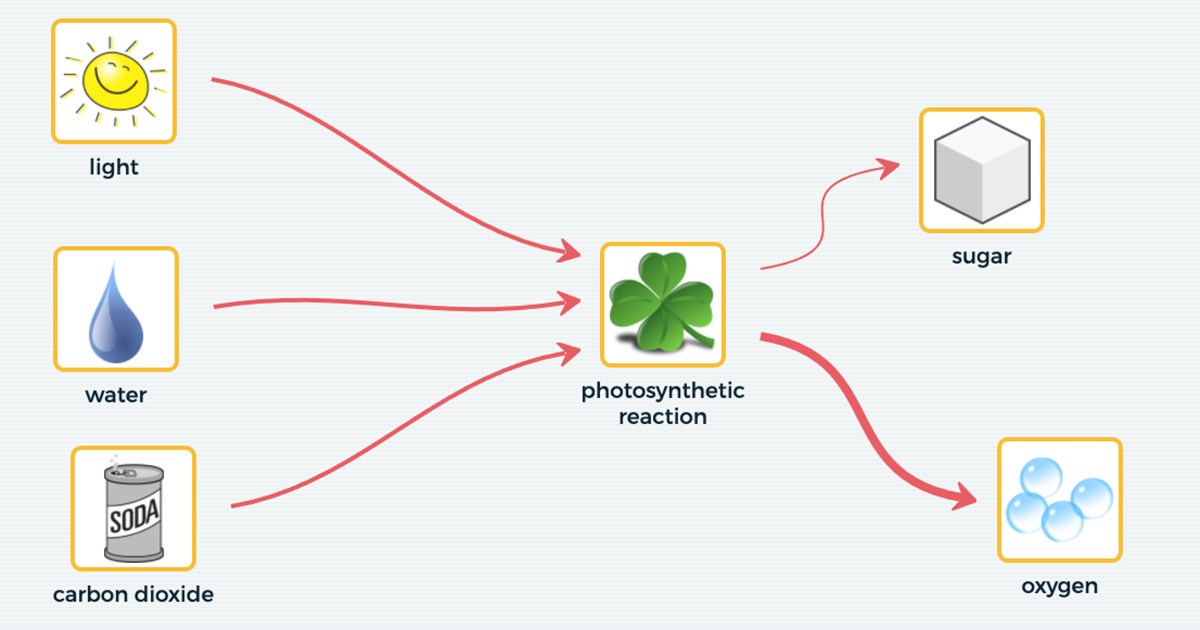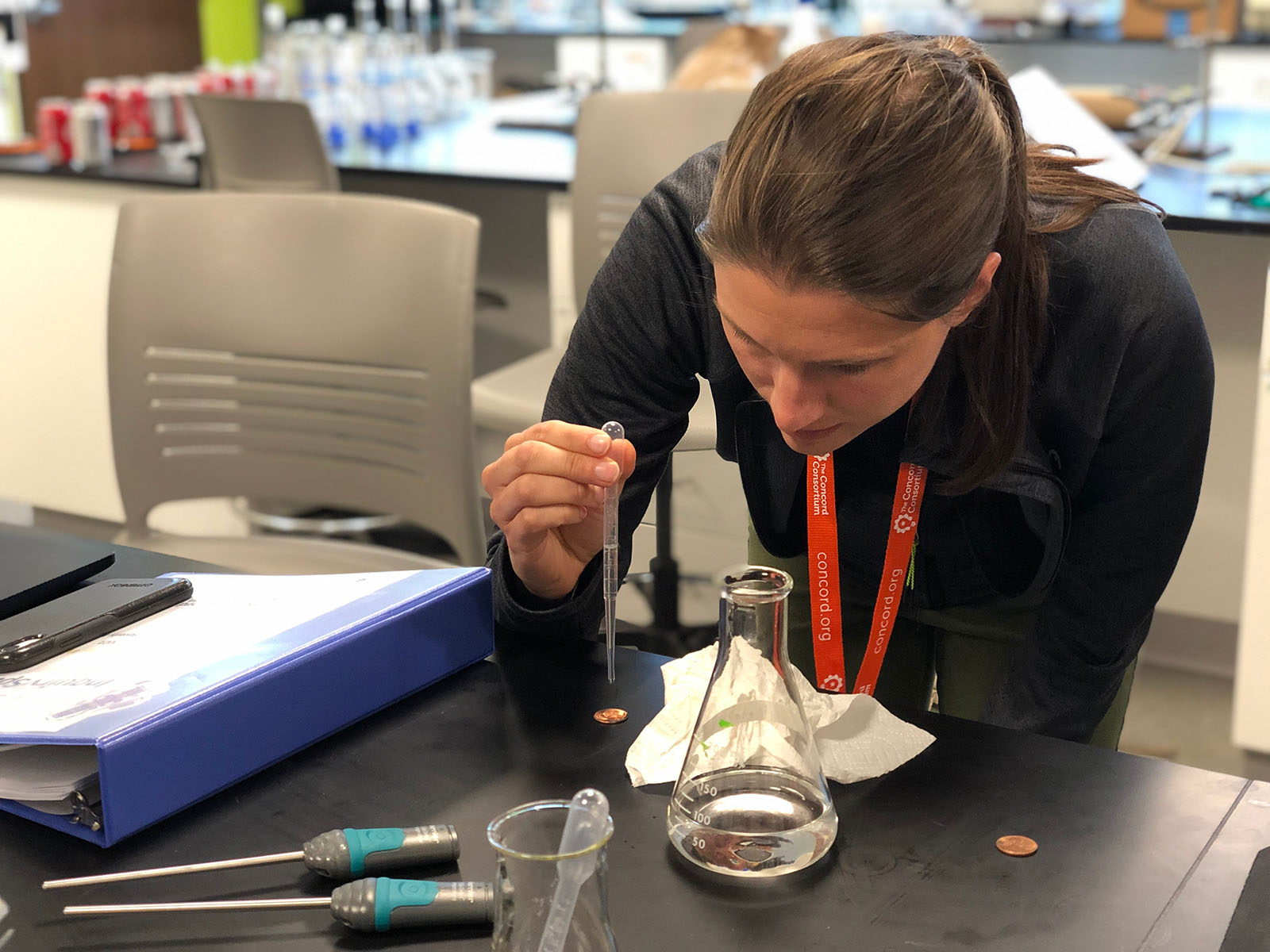Science Starts with Wonder, Exploring Artificial Intelligence with StoryQ, and more in Spring @Concord
Perspective: Science Starts with Wonder
While many groundbreaking discoveries can be expected—from the ultimate revelation of an elusive particle to the confirmation of an essential genetic or molecular structure—the moments that truly matter can be tantalizingly elusive. A fleeting glimpse opens the door to a new paradigm. A tiny deviation causes one to question all that has come before. As Isaac Asimov famously noted, "The most exciting phrase to hear in science, the one that heralds new discoveries, is not 'Eureka,' but 'That's funny…'"
Exploring Artificial Intelligence with StoryQ
Mia submitted her college applications—six schools carefully chosen with the help of her guidance counselor. Now the anxious waiting begins. But when an article on Artificial Intelligence (AI) catches her attention, her anxiety increases. She learns that some colleges are considering the benefits and risks of using AI systems to improve the admission process. Mia's college essay might be "read" by AI instead of humans. The thought of a heartless machine scanning her work gives her chills. Will her chance to get into her dream college be influenced by an AI model that predicts her likelihood to be a successful student?
Monday's Lesson: Tephra in the Wind
The world was rocked by several large volcanic eruptions in the past year, from the explosive activity of Mount Sinabung in Indonesia to the incredible lava flows of La Palma in the Canary Islands and Fagradalfjall in Iceland. Eruptions of all types display the incredible power of volcanoes and the unstoppable hazards they create. Volcanic ash particles called tephra ranging in size from tiny glass fragments to large boulders explode from these eruptions, harming people and destroying property. In this Monday's Lesson, students explore environmental factors that influence where tephra falls.
Addressing Socioscientific Issues While Studying Natural Hazards
As global temperatures continue to rise, so do the number, size, and impact of climate-fueled natural hazards, transforming lives across the planet. The Washington Post reported that in 2021, one in three Americans had experienced a natural hazard. Climate scientists warn that there will be more frequent and more extreme events. For today's students, the idea of climate change is no longer an abstract concept.
Data Story Bytes: Examining Healthy Food Through Data
Every day, many students and their families make choices about what foods to eat. Families tell stories around the table, including stories about the food they're preparing and consuming. But what about the food's nutritional value or its popularity—stories informed by data? The Writing Data Stories project developed curriculum to help students unpack stories about everyday issues like food told through data.
Can Elementary Students Reason About the Invisible?
An ice cube melts when warmed, then refreezes when cooled. This simple phenomenon offers kindergarten students the opportunity to learn about solids and liquids, and the change between states. But what if young students could do more than observe macroscopic events? What if they could also develop and use models to make sense of the invisible? To find out, the Sensing Science Through Modeling Matter project developed four apps and a curriculum for kindergarten students to explain states of matter and phase change from a particulate view of matter.
Under the Hood: Characterizing Systems Model Structure
SageModeler, our free, web-based systems modeling tool developed with our partners at the CREATE for STEM Institute at Michigan State University, supports middle and high school students and teachers in understanding systems and system modeling, one of the seven crosscutting concepts in the Next Generation Science Standards. With new automated model tagging in SageModeler, we can now provide teachers more information about their students' understanding of systems.
Teacher Innovator Interview: Julia Wilson
Julia Wilson knows that her 10th grade chemistry students wonder, "Why am I sitting in this classroom counting atoms on a worksheet?" But she is optimistic that she can help them see the purpose in science. Online resources and a new approach to labs are helping expand her students' knowledge.
News at Concord Consortium
Two new projects—focused on grades 3-5 and 6-8, respectively—are supporting Yup'ik students in Hooper Bay, Alaska. We are engaging community partners, teachers, and students in adapting Concord Consortium STEM units by including local phenomena and Universal Design for Learning (UDL) features. The goal of both projects is to create dual-language, place-based STEM curricula based on Innovative Technology in Science Inquiry resources. The curricula will support the needs of English language learners while simultaneously providing a means for students to learn in their Yugtun Alaska Native language.
